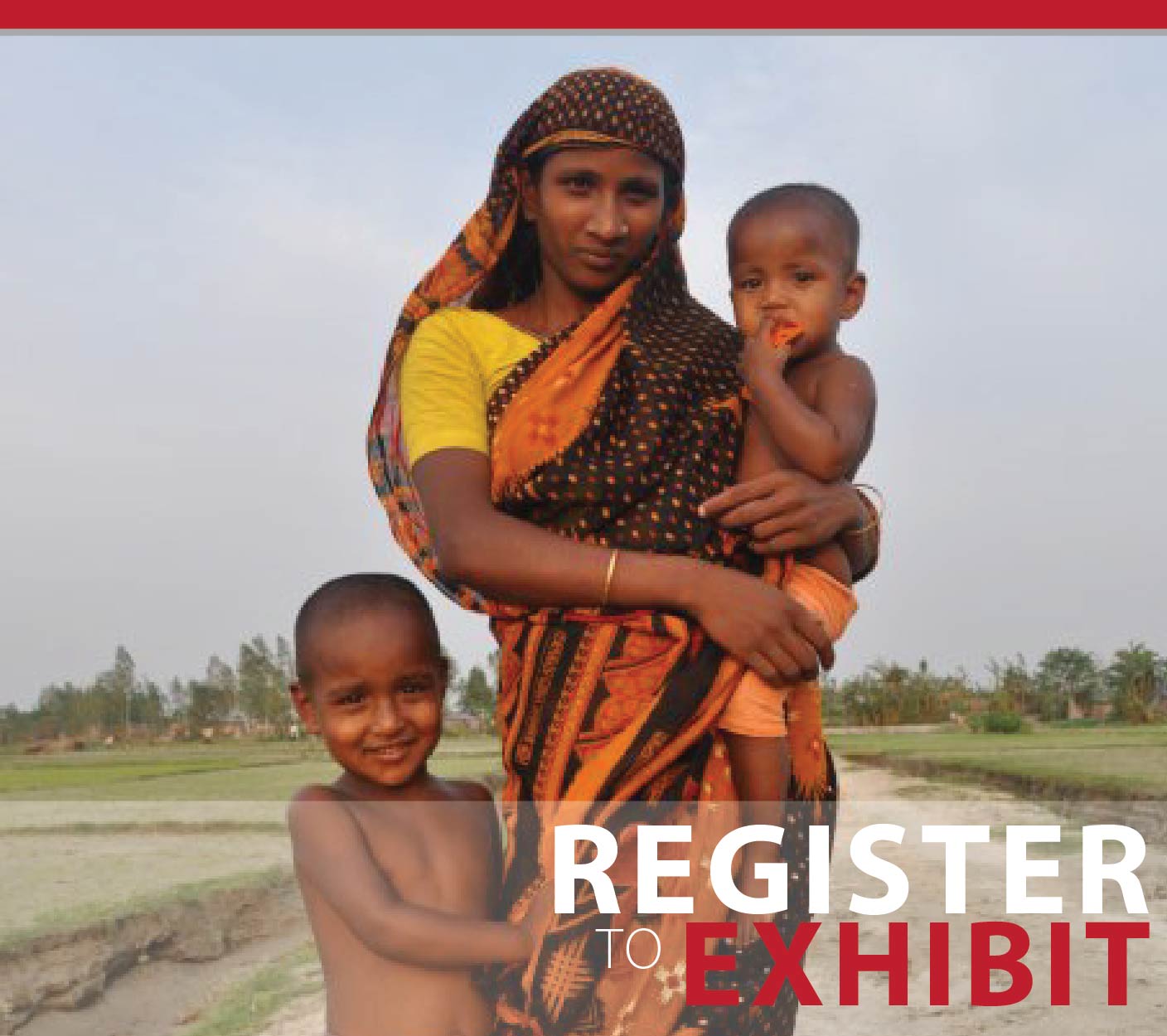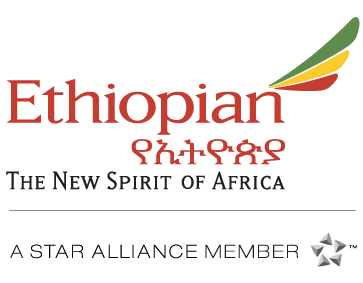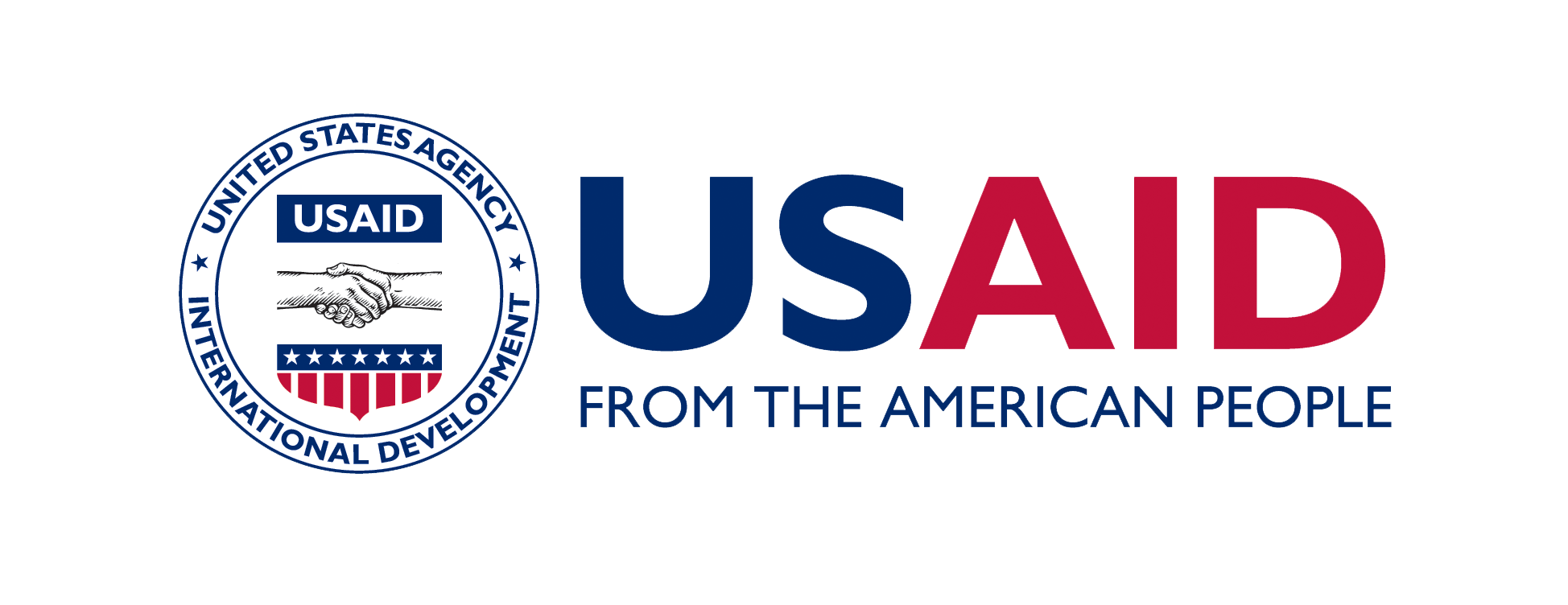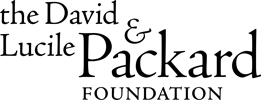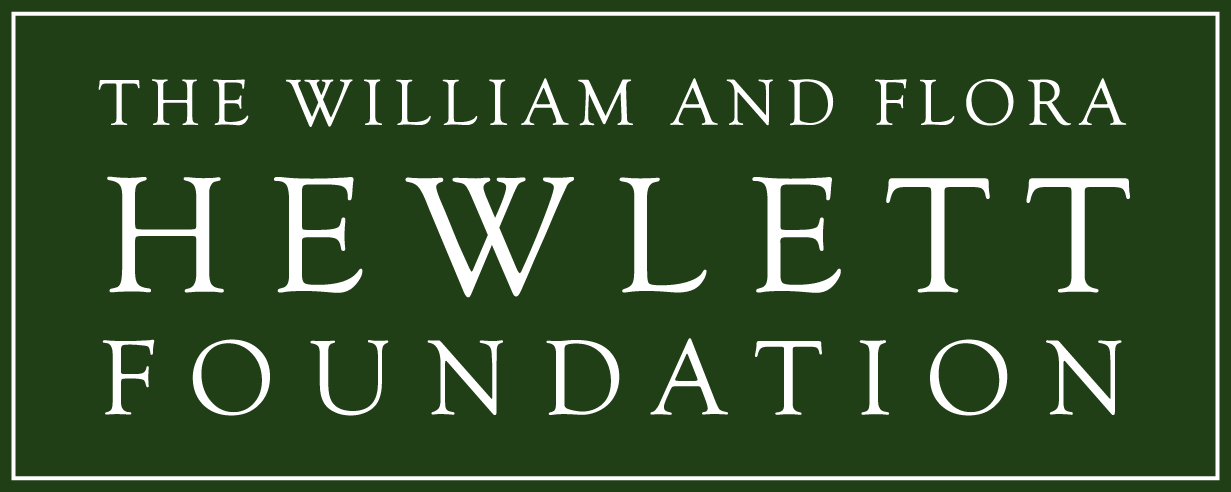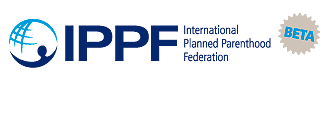Liberian journalist Mae Azango collects stories. And has a story to tell.
We met Wednesday afternoon in one of the African Union caucus rooms during the International Conference on Family Planning. She wandered into the room between video interviews I was conducting there, and we started chatting.
Two minutes into our conversation about why she had come to the conference, I was amazed and asked if I could interview her.
Twenty years ago, she was 18 and pregnant: “An unwedded girl just out of high school.” Civil war ravaged Liberia at the time. Like many in the country, doctors, nurses and midwives had fled the turmoil. About to give birth, she turned to a traditional midwife.
The midwife helped her through labor and the birth of her child, but the placenta didn’t follow. “I was bleeding profusely. I was in pain. She gave me two tablespoons of kerosene to drink. I drank that. She said the placenta would come out,” Azango recalled.
It didn’t. After another 20 to 30 minutes, the midwife blamed Azango. She told her the complication had developed because she had another lover besides the father of her child. The midwife started to beat her legs, urging her to confess the name aloud. In extreme pain, Azango screamed some names she made up. The midwife consulted a man in the next room. He banged some old cups together and said the gods had forgiven her.
Finally the placenta came out. “The entire room was full of blood. I could not see anything. I passed out completely because I had lost enough blood. It was just by the mercy of God that I lived.”
Azango recuperated slowly. The war got worse. She fled to Cote d’Ivoire and survived as a refugee. Destitute. She returned to her country, became a journalist and now writes articles about women, children and human rights issues. Just last year, she interviewed some traditional midwives outside of Monrovia for a story. They told her they still believe that complications in childbirth occur because the woman had an extramarital affair. “When people are not informed, they perish. With the power of the pen, I can inform my people better. That is why I’m here.”
At the conference, she said, “I hear from other speakers [about issues that] relate to my country and [help me to better] communicate to people in my country and tell them they are not feeling pain alone. I came to get a way forward.”
Greater access to family planning is desperately needed in Liberia, she said. “Women are dying so much in my country. We are so high in maternal deaths,” she said.
She mused a moment on the thousands of family planning researchers, clinicians, academics and program experts in the building, and said, “I wish they could go to Liberia.”
—Brian W. Simpson
